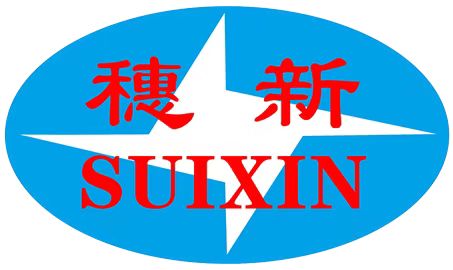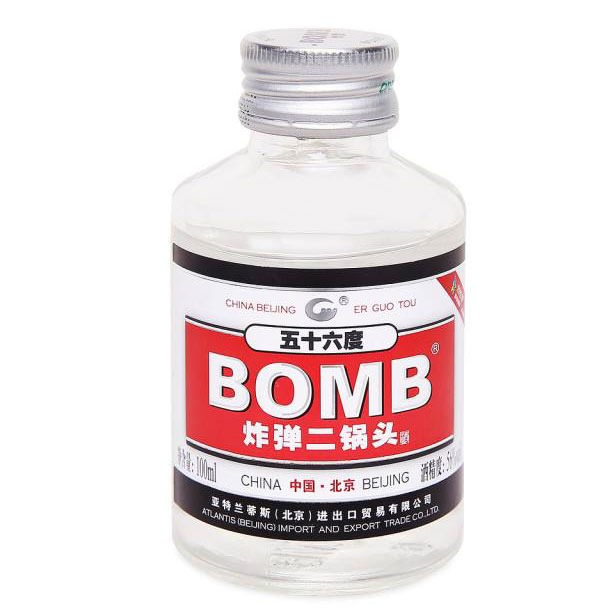Export Customs Clearance for Baijiu (Chinese Baijiu), Rice Wine & Beer (from Guangzhou, China)
There has always been a significant trade deficit in China's liquor import and export. In recent years, the Chinese government has been encouraging domestic enterprises to export liquor products. With the promotion of the Belt and Road Initiative, the market for Chinese Baijiu, fruit wine, and beer in developing countries in Southeast Asia, Africa, Latin America, etc. has been continuously expanding. Facing this new market, many merchants and manufacturers are not clear about how to export liquor products. So, how should liquor be exported?
-
Go to the industrial and commercial department to complete the company establishment procedures.
-
Go to the technical supervision department to handle the organization code.
-
Go to the commerce department to handle the record - filing procedures for foreign trade operation qualifications.
-
Go to the customs to handle the record - filing procedures.
-
Go to the inspection and quarantine department to handle the record - filing procedures.
-
Go to the foreign exchange management department to handle the procedures and open a foreign exchange account.
-
Go to the tax department to handle the export tax rebate registration procedures.
For Baijiu, if it is transported by air, there are restrictions: if the alcohol content of Baijiu is above 53 degrees, the number of bottles should not exceed 50 and an appraisal is required (需确认具体规定). There are no restrictions for sea transportation, and it is not difficult to export. The information required for customs declaration: the certificate of origin, the exit goods clearance form, and the health certificate are all provided by the factory. Before purchasing liquor from the factory, ask the factory whether it can provide these three certificates. If not, do not buy. If it can, you can find a professional import and export one - stop service enterprise like Guangzhou Suixin Logistics Co., Ltd., which can save a lot of trouble in procedure handling, transportation, and customs clearance.
First, go to the import and export inspection and quarantine bureau to handle the import and export license, and then query the relevant physical and chemical indicators for the import of Baijiu in that country, including alcohol content, physical and chemical indicators, health standards, etc. Then adjust your products to meet the indicators required by that country and submit them for inspection. After passing the inspection and quarantine, obtain the customs declaration form and send it along with the goods.
An MSDS is required. Baijiu is a sensitive product. Generally, for export customs clearance, the following are required: the customs declaration form, the customs declaration power of attorney, the packing list, the invoice, the export license (depending on the category), the dangerous goods packaging certificate and the MSDS issued by the local commodity inspection bureau. It is not over after the export. Generally, the shipper also needs to prepare the documents for the consignee's customs clearance, such as the certificate of origin (CO), the export license (EL - the customer needs to obtain the original to handle the import license locally). The customs clearance documents may vary depending on the importing country or region.
Before 2009, Baijiu did not have a separate code in the food and beverage alcohol category. Now it is subdivided into beverages, alcohol, and vinegar, with the code 2008902000, and the export tax rebate rate is 15% (as of [具体年份]). In order to protect the domestic wine industry, the general import tax rate for spirits is as high as 180%.



 One-to-One Service
One-to-One Service Fast Turnaround Cycle
Fast Turnaround Cycle Two Decades of Import & Export Experience
Two Decades of Import & Export Experience Numerous Successful Cases
Numerous Successful Cases
 Online Consultation
Online Consultation